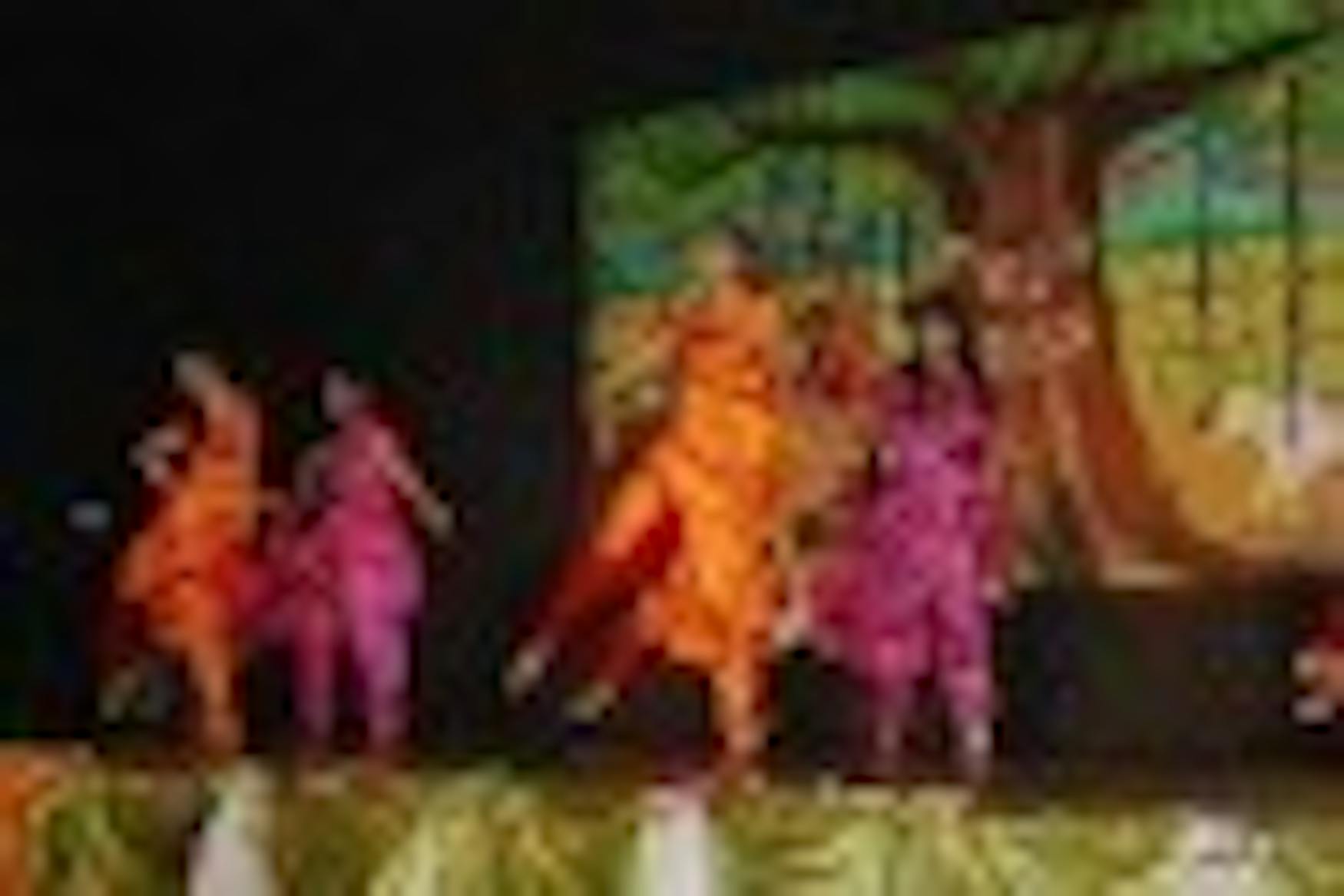Mela 2008
SASA remembers its roots
A taste of South Asia came to Brandeis Saturday night in the form of Mela, the South Asian Students Association's annual presentation of South Asian culture. The theme of the performance was "retracing our roots," which entailed taking a look back at the history of the eight nations represented at Mela and where they are today. The nations included India, Pakistan, Nepal, Bhutan, Sri-Lanka, Bangladesh, the Maldives and the newly included Afghanistan. Levin Ballroom looked beautiful with the help of the eco-friendly ornaments used by the decorating team and the backdrop on the stage a depiction of a banyan tree. The tree's hidden roots symbolized the strength and history of the people of South Asia, while the branches represented the progress that has been made.
The evening began with a slide show of important figures from each country who were helping to bring about change and progress. It was followed by an array of different forms of entertainment that ranged from traditional dancing to spoken word. The overarching link of "unity though diversity" was repeatedly hammered in by a four-part skit reenacting important events in South Asian history and the common links that all South Asian countries possess.
The highlight of the evening was without a doubt the many different dance numbers performed by the students. The numbers encompassed the culture of many different nations and time periods. Ashni Dave '12 peformed a beautiful Kathak classical dance solo and a group of seven dancers performed a Chutney dance that was choreographed by G. Athena Oliver '10 and that fused Caribbean and Indian culture. And the crowd loved the performances of the two dance teams: Chak De 'Deis, Brandeis' official South Asian dance team, and Brandeis Bhangra, which displayed a style of music and dance originating from Punjab, India.
The night was rounded off with a fashion show that included traditional and modern South Asian clothing as well as several musical performances.
For the first time, Mela also included a community service aspect. SASA partnered with the Boston chapter of the non-government organization Association for India's Development in an effort to raise funds and awareness. AID Boston is currently running several projects in India to increase sustainable development in several areas, including education, public health and women's empowerment. Among their many projects is the Eureka Child Project, whose goal it is to improve primary schools in India. Guests were asked to include money for this cause in the blank envelopes provided at the back of the programs.
Despite the numerous technical difficulties and a longer runtime than most expected, the performances were engaging and displayed how hard each and every student worked to make the night possible. The great amount of effort that went into such a large production was apparent, and every single performer appeared to be enjoying the time on the Levin stage.




Please note All comments are eligible for publication in The Justice.